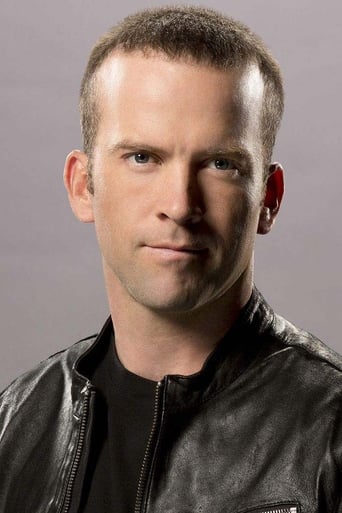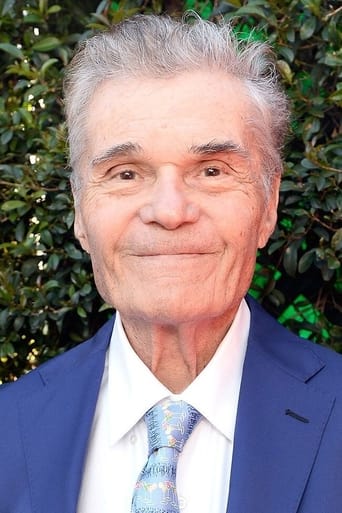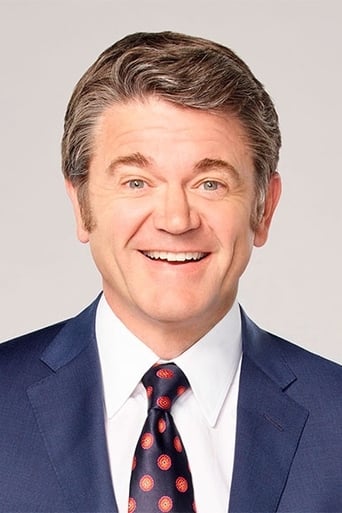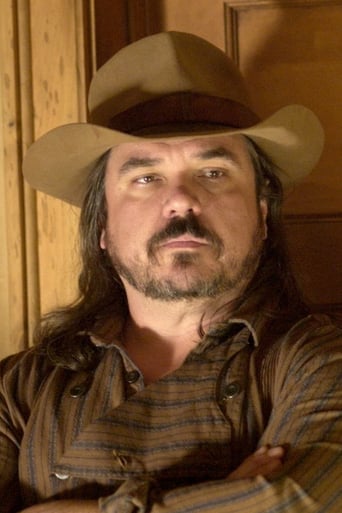Tammy Helms
This movie is phenomenal ... an out of this world performance and perfect depiction of autism by Lucas Black! Astonishing! It certainly sheds light on the world of the autistic savant as well as delivering some of the best blues guitar and piano that I've heard in a long time. TOTALLY HYPNOTIC AND MAGICAL without being overacted and killing the message - Music heals! It is raw and real and shows the good that can come from the hearts of our troubled youth if given a positive outlet like music. I laughed, cried, danced, and sang through the whole thing. You are left with a satisfied smile and positive outlook after watching this movie. I suggest it to all my friends!
serenity-58
I had never heard of this movie. It was only perchance that I saw it in Lucas Black's role credits. I watched it all the way through and found it was a charming, very funny but not in a harmful way, foot tapping film. It was not going to win Oscars but anyone can watch this and end up smiling all the way through. Sometimes it doesn't matter whether you take films seriously as long as you enjoy the 90 minutes without looking at a clock. This film will cheer you up and make you take life not too seriously which is sometimes what people need in this day and age. I like Oscar winning films or serious films as much as the next person but people are so desensitised to emotions that they forget that life is too short and you should relax & enjoy yourself along the way. Smile, it won't hurt you!
Aerocitizen
First and foremost this film is about the blues and the story of a juveniledelinquent stuck in a baptist halfway-house who must play in a sappy christian band with fellow halfway-house delinquents when they really just want to play the blues. In this respect, the film was interesting and relatively well made. The story arc was laid out plain and predictable, but still enjoyable enough.My criticism of the film comes when the film's autistic character Verne enters the story as a piano prodigy with an affinity for driving an invisible fantasy car. To me, this portrayal of autism is marred by typical on-screen half-truths that breed ignorance in understanding this unfortunate disorder. I will state plainly,however, that I am certainly not an expert in defining autism, nor do I know any autistic people. However, it is clear to see that Killer Diller was not accurate. They started with trueish conceptions of autism: that those who have it havecommunication disorders, preoccupation with fantasy, repetitive acts andattachment to objects.However, Verne, the autistic character in this film, was more less portrayed as a late-teens autistic child who has apparently never received significant treatment for his condition and thus he is basically just a socially awkward kid who drives an invisible car, shakes all the time, has to pee all the time, and goes beserker when anyone questions his "rocking." But in the end, with just a little bit of socializing and positive feedback about his piano skills, Verne is another autism success story, able to at once overcome what would have been severe speechimpediments, years of social disfunction and other problems all withouttreatment, therapy or any real help.The problem with this is that it looks like the film makers just watched Rainman and watered down the formula. All autistic children, of course, will overcome their most severe problems sometime in adulthood through random coincidenceand socialization. Afterall, their speech impediments are never really all that limiting, really just idiosyncrasies to be overcome with a few laughs. But this is resonable since all autistic people are really just idiot savants in hiding.Rainman is a counting genius and Verne from Killer Diller is a piano prodigy.This, to me, is dangerous, the concept of always simplifying disorders into cute, manageable characters who can overcome their "hang-ups" in 90 mins or twohours. I'm not saying either cases are inconceivable, but the sad truth is that the communication problems caused by autism are typically overcome afterconsiderable work with a doctor, etc. from EARLY childhood. Verne, especially, is a case that in which the character is supposedly not treated or not thoroughly treated at all and can suddenly overcome speech impediment once he acceptshis surrounding social situation. He really has no vocabulary or pronounciation problems, just a little stumbles here and there, a few quirky repeats, a few off- kilter statements, a few simplistic, childish speeches. I think that if Verne was real, he would unfortunately never be able to carry on a conversation withtypical language. His chances of being a piano prodigy wouldn't be tooexcellent....okay, you get the idea.One last criticism: the acting of Verne in this film was not very strong. I realize this was a low budget feature with no real "name" actors attached, etc. However, Dustin Hoffman is an accomplished actor who takes his character studies to the limit. His taste for reseach and observation/immitation almost always bringsbelievability-- at least a considerable degree--to his roles, Rainman being no exception. In this case, the actor to play Verne seemingly went to little more trouble then to take cues from the director just before the take. "Ok, actors ready. Verne, umm...., rock back and forth....and act like you need to go to thebathroom. Okay? Okay. Roll Sound. Roll Camera."And so on... anyway, I honestly don't know how much research went into therole of Verne, and it very well may have been treated with care. But I honestly didn't get that impression. Verne's place in the film ranged from comic relief to agency for change for the main character to superficial change into a sociable, well-adjusted guy. I just didn't think he was treated with respect. The onlymention/serious handling of his condition was with a doctor of sorts who spoke on his autism only in passing. If you wanted to leave this film as is, why not just cut that scene and claim that Verne is just a kooky, weird guy instead of acharacter with autism, a guy who would have been dealing with a seriouscondition all of his life and probably wouldn't have come out so socially apt.





